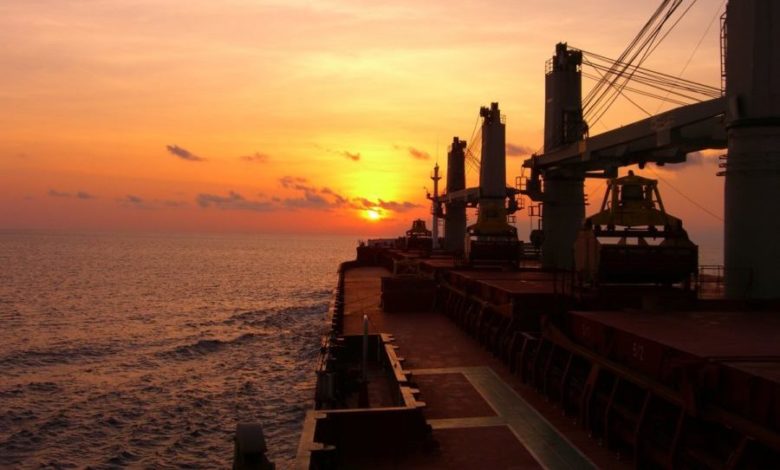Swedish charterers map out green fleet renewal

DNV and the Responsible Shipping Initiative (RSI), an alliance of Swedish dry bulk charterers, have launched a feasibility study to develop a commercial framework for orders of green-fuelled newbuilds to decarbonise the sea transport supply chain in the Baltic and North Sea areas and beyond. With this project, the RSI members aim to reduce their Scope 3 emissions and meet their sustainability targets in response to growing market demands and regulatory reporting requirements on environmental performance across the value chain.
The RSI members see a strong need for green newbuilds to replace the ageing shortsea fleet operating in the Baltic and North Sea dry bulk trade and beyond. Many of the vessels are expected to reach the end of their economic life in the next five to 10 years. The study, supported by R&D funding from the Swedish traffic administration Trafikverket, aims to accelerate the energy transition in the regional sea trade by identifying opportunities for green fleet renewal through transport systems analysis and interaction with cargo owners, shipowners, suppliers, and authorities. It adds to a growing sense among experts that the Baltic is becoming the world’s petri-dish for new green vessels, not just in dry bulk, but across multiple sectors.
“Despite great strides being made to reduce our carbon footprint from land transport, progress has been lagging in shipping, even though this accounts for a large share of our transport needs,” said RSI chairman Sebastian Tamm, sustainability and logistics manager at EFO. “This market-driven initiative is a great opportunity to share knowledge, define parameters and standards, find common ground and discuss possible synergies to determine what is achievable in relation to future shipping needs,” Tamm said. “Through an exchange of knowledge and information, shipowners will be able to gain a better understanding of the market’s requirements to make the right newbuild investment decisions.”
The study will analyse the consequences of introducing new vessels based on two alternative green ship concepts: The ECO-Bulk concept, designed to reduce emissions as much as possible within current commercial terms. And also the ZERO-Bulk concept for zero emissions, expected to require more collaboration and longer commitments between stakeholders.
“One of the key challenges to the broader uptake of alternative fuels is the uncertainties among shipowners about what the market wants and is willing to pay for over the lifetime of a new vessel,” said Hannes von Knorring, principal consultant at DNV Maritime. “Transport buyers may also lack information on what options are available, and what the practical consequences are to their value chains. We have started by mapping each participating company’s current transport routes, cargo volumes, employed vessels and ports to understand the logistical and cargo handling requirements and identify areas with the largest potential for green fleet renewal.”
